Among the top Google News search results for “climate change” today, Forbes published an embarrassingly fictitious article making several false claims about climate change and rice production. The Forbes article is titled “Rice, Climate Change And A Post-COVID Opportunity For Women In Guyana.” The article is typical of establishment media articles – and particularly Forbes articles – that simply make up false climate claims out of thin air, provide no supporting data for the claims (because no supporting data exist), and then act like people who present actual scientific data and evidence are attacking science. This article is the third of three articles debunking different aspects of the multi-ridiculous Forbes article.
Forbes Senior Contributor Daphne Ewing-Chow writes that “three quarters of global rice exports, that originate in Asian countries such as India and Thailand” have been impaired by “climate change-fuelled [sic] droughts.”
Ewing-Chow adds, “The United Nations World Food Programme has projected that the crisis will almost double the amount of people faced with acute food insecurity by the end of 2020, to an estimated 265 million.”
Fortunately for people who believe in facts and science, and unfortunately for Forbes and Ewing-Chow, the United Nations Food and Agriculture Organization (FAO) keeps meticulous records of each country’s agricultural production, as well as global agricultural production.
As documented here, India and Thailand are also seeing consistently increasing crop production.
Nevertheless, one would expect FAO to report a dramatic decline in global food production, given Ewing-Chow’s claim that “food insecurity” is expected to double by the end of this year.
Let’s take a look at the FAO data.
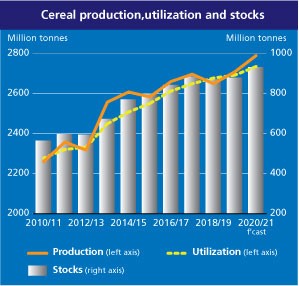
Wow.
According to the FAO data, global cereal production (the vitally important corn, wheat, and rice crops) set an all-time record in 2019. Moreover, FAO expects 2020 crop production to surpass the 2020 record.
We at Climate Realism don’t know what the United Nations defines as “food insecurity,” but we do know that Ewing-Chow and Forbes are trying to pull a fast one on its readers by asserting that climate change is causing declining crop production and increasing hunger.





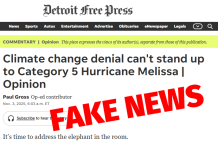

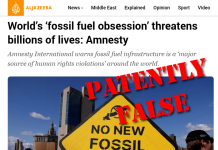






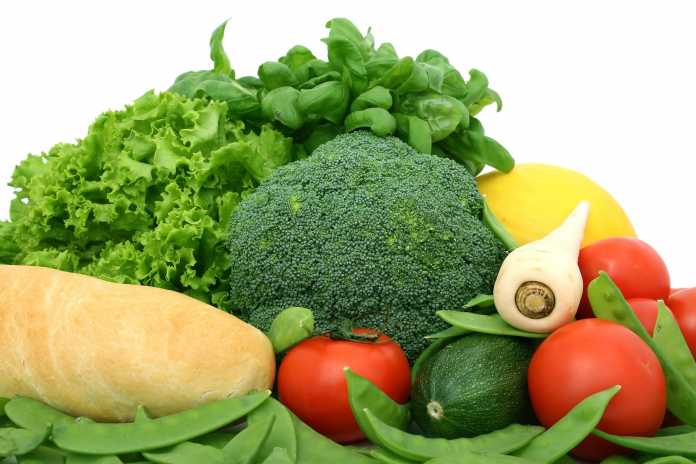







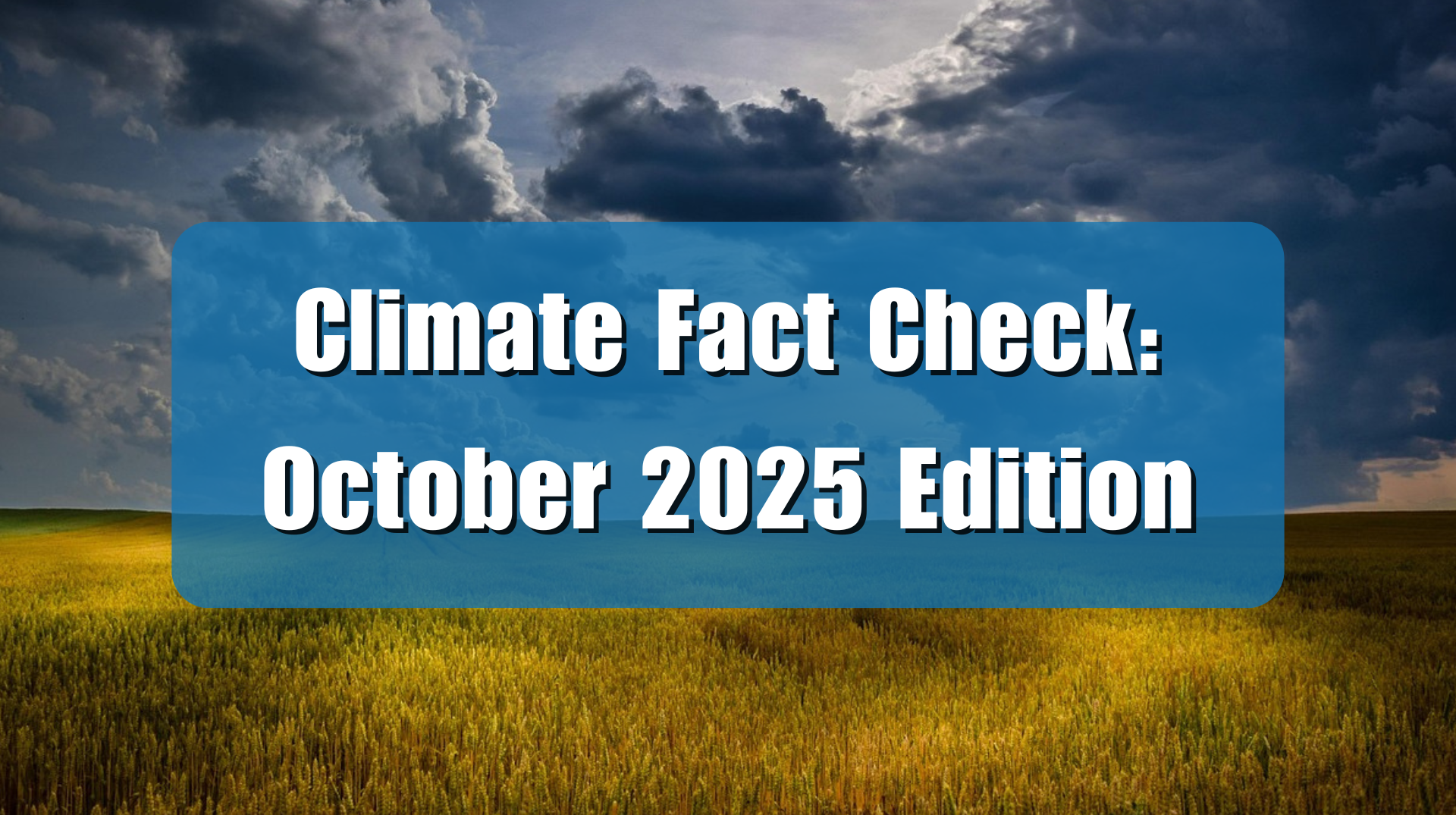

[…] my colleague James Taylor, president of The Heartland Institute, recently noted in a Climate Realism article, the United Nations Food and Agriculture Organization (FAO) keeps meticulous records of each […]
[…] my colleague and the president of The Heartland Institute James Taylor recently noted in a Climate Realism article, the United Nations Food and Agriculture Organization (FAO) keeps meticulous records of each […]
[…] boomed. As my colleague James Taylor, president of The Heartland Institute, recently noted in a Climate Realism article, the United Nations Food and Agriculture Organization (FAO) reports global cereal production (the […]
[…] my colleague James Taylor, president of The Heartland Institute, recently noted in a Climate Realism article, the United Nations Food and Agriculture Organization (FAO) reports global cereal production (the […]